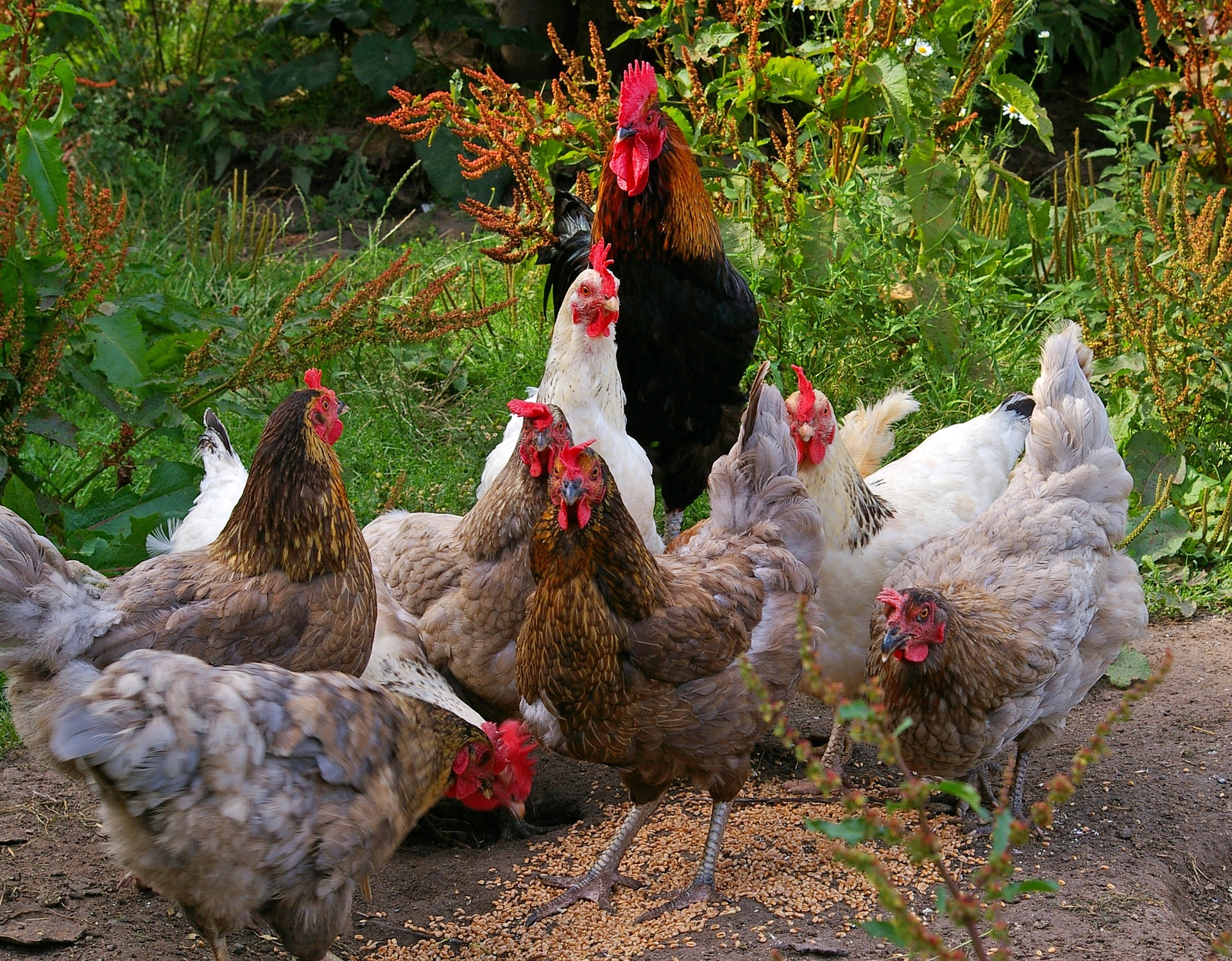
Note: I have every intention of keeping up this blog, but the truth is, I’m a little buried right now. I’m working on setting up a food safety minor in my department, on developing new courses, on planning summer research with undergraduates, on editing papers and analyzing data for new papers, and on finding funding. This is what faculty life looks like, and yes, I mostly love it.
While everyone from K-12 takes summer off, faculty, grad students, and lucky undergrads spend the summer on research. This summer, I have three undergraduates working with me on three separate projects (they each have their own).
Students One and Two are studying Listeria monocytogenes collected from dairy farms here in VT. These particular L. monocytogenes popped up over and over, which means they’ve colonized the environment and become long-term (persistent) inhabitants. What we don’t know is exactly why some bacteria can do this and others can’t. There are a lot of hypotheses about this. Student One is testing whether these bacteria are unusually good at forming biofilms. If they are, this would help them survive cleaning and sanitation, because biofilms are nearly impossible to get rid of. Student Two is testing whether these bacteria are less susceptible to sanitizers (such as the cleaners they use in gyms) . If they are, well, then, they’re less likely to be killed when the farmers use sanitizers.

Student Three is helping me look for Salmonella in backyard chickens. I’m really excited about this project, as I’ve discussed before (see link). I have three people interested in participating, and I’m always looking for more. If you live in VT and want to participate, contact me via Twitter, Facebook, or this blog.

Of course, we may not find anything interesting on any of these projects. That’s the nature of research. The local chicken owners would be thrilled if their chickens were mostly free of Salmonella. I’d be happy for them too, but it would end the project–“Backyard hens in VT are not a major Salmonella risk. The end.”–and I’d have to find a new project. By that same token, the Listeria from VT dairies also might not be particularly good at forming biofilms or surviving sanitizers. Maybe the farms were just not very good at cleaning… This is less likely, and I have a few other things to look at, but regardless, it’s always a possibility.
If you have food safety questions or a topic you’d like to see addressed on this blog, let me know (Facebook comment, Twitter, or via comment here). I’m always on the hunt for good ideas